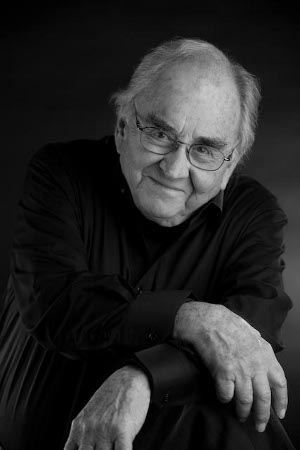

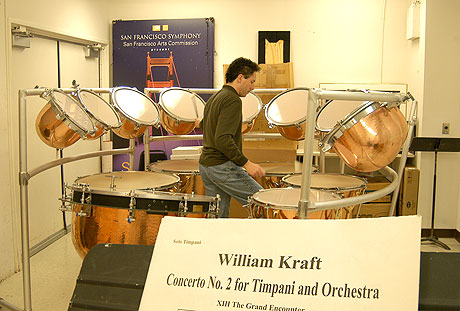 BD: When you were playing with the Los Angeles Philharmonic,
did you get enough time to compose?
BD: When you were playing with the Los Angeles Philharmonic,
did you get enough time to compose?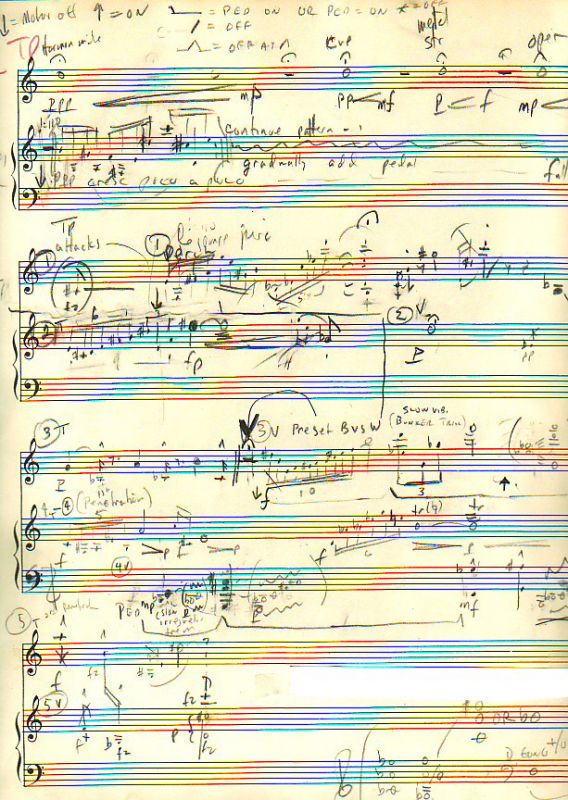 WK: I always stop and look! [Laughs]
There was one little experience I had with Otto Luening, who was my
teacher at Columbia in graduate school there. I was writing a violin-piano
piece called Sonata, as one did
in those days, and he was playing through my manuscript. He was a marvelous
score reader, but he came to the end of what I had written and kept going
on! I just was bowled over! It was wonderful what he was doing!
It was exactly right; everything was just right and I listened intently.
I watched his hands; I wanted to remember everything he did because it was
so right. Finally he stopped and said, “Well, what do you think?”
I said, “Well gee, Mr. Luening, that’s really extraordinary! How did
you do it?” And he said, “Don’t you get it? It’s routine.”
Well, that never left my mind! It’s the same as another teacher saying
look at every note. But I never forgot that.
WK: I always stop and look! [Laughs]
There was one little experience I had with Otto Luening, who was my
teacher at Columbia in graduate school there. I was writing a violin-piano
piece called Sonata, as one did
in those days, and he was playing through my manuscript. He was a marvelous
score reader, but he came to the end of what I had written and kept going
on! I just was bowled over! It was wonderful what he was doing!
It was exactly right; everything was just right and I listened intently.
I watched his hands; I wanted to remember everything he did because it was
so right. Finally he stopped and said, “Well, what do you think?”
I said, “Well gee, Mr. Luening, that’s really extraordinary! How did
you do it?” And he said, “Don’t you get it? It’s routine.”
Well, that never left my mind! It’s the same as another teacher saying
look at every note. But I never forgot that.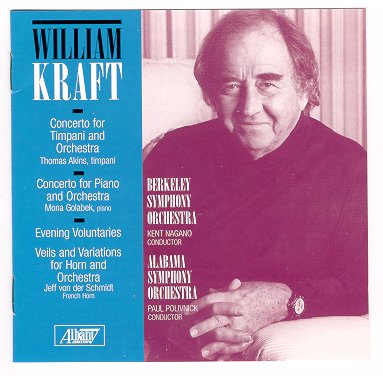 BD: Are you the ideal conductor of your works?
BD: Are you the ideal conductor of your works?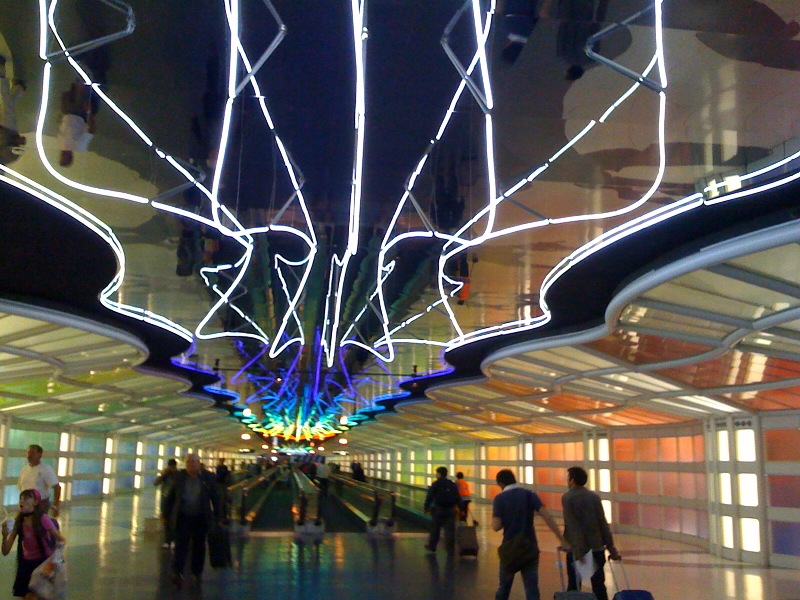 BD: I know many of the details, but it want to get
them all from you, just to get them straight and from your perspective.
BD: I know many of the details, but it want to get
them all from you, just to get them straight and from your perspective.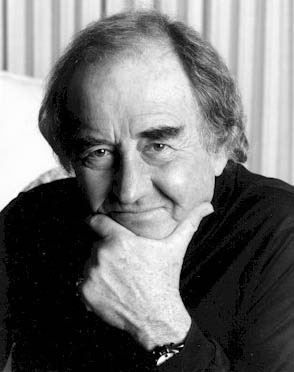 WK: Well, it’s my life! I love it! It’s
essential. It’s just automatic for me. It’s just always right.
I don’t think about anything else, really. I do think about other things,
of course, but that’s the first thing. I compose in the morning, and
hopefully if that goes well, the day is just great. Everything else
rolls along nicely.
WK: Well, it’s my life! I love it! It’s
essential. It’s just automatic for me. It’s just always right.
I don’t think about anything else, really. I do think about other things,
of course, but that’s the first thing. I compose in the morning, and
hopefully if that goes well, the day is just great. Everything else
rolls along nicely.| William Kraft (b. 1923, Chicago)
has had a long and active career as composer, conductor, percussionist, and
teacher. Until June of 2002, he was chairman of the composition department
and holds the Corwin Chair at the University of California Santa Barbara.
From 1981-85, Mr. Kraft was the Los Angeles Philharmonic’s Composer-in-Residence;
for the first year under Philharmonic auspices and the subsequent three years
through the Meet The Composer program. During his residency, he was founder
and director of the orchestra’s performing arm for contemporary music, the
Philharmonic New Music Group. Mr. Kraft had previously been a member of the
Los Angeles Philharmonic for 26 years; eight years as percussionist, and
the last 18 as Principal Timpanist. For three seasons, he was also assistant
conductor of the orchestra, and, thereafter, frequent guest conductor. Kraft was awarded two Anton Seidl Fellowships at Columbia University, graduating with a bachelor’s degree cum laude in 1951 and a master’s degree in 1954. His principal instructors were Jack Beeson, Seth Bingham, Henry Brant, Henry Cowell, Erich Hertzmann, Paul Henry Lang, Otto Luening and Vladimir Ussachevsky. He received his training in percussion from Morris Goldenberg and in timpani from Saul Goodman, and studied conducting with Rudolph Thomas and Fritz Zweig. During his early years in Los Angeles, he organized and directed the Los Angeles Percussion Ensemble, a group which played a vital part in premieres and recordings of works by such renowned composers as Ginastera, Harrison, Krenek, Stravinsky, Varese, and many others. As percussion soloist, he performed the American premieres of Stockhausen’s Zyklus and Boulez’s Le Marteau sans Maître, in addition to recording Histoire du soldat under Stravinsky’s direction. |
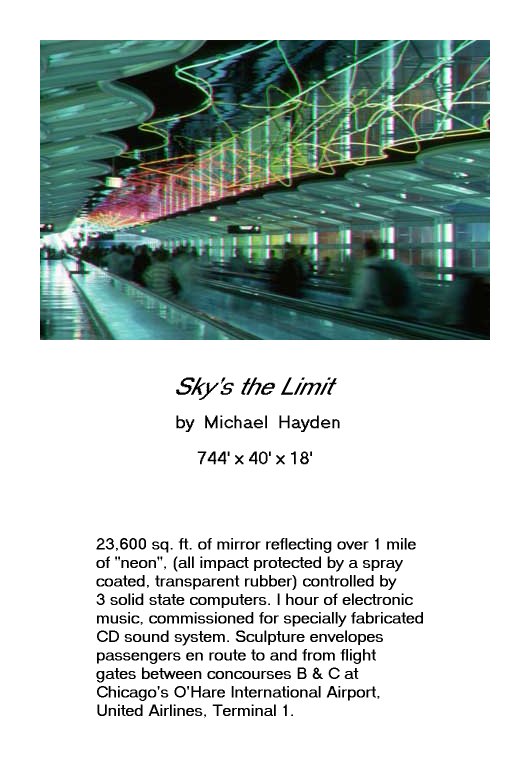
This interview was recorded on the telephone on May 25, 1988.
Portions (along with recordings) were used on WNIB later that year, and again
in 1993 and 1998. A copy of the unedited audio has been placed in the
Archive of Contemporary Music at
Northwestern University. This
transcription was made and posted on this website in 2010.
To see a full list (with links) of interviews which have been transcribed and posted on this website, click here. To read my thoughts on editing these interviews for print, as well as a few other interesting observations, click here.
Award - winning broadcaster Bruce Duffie was with WNIB, Classical 97 in Chicago from 1975 until its final moment as a classical station in February of 2001. His interviews have also appeared in various magazines and journals since 1980, and he now continues his broadcast series on WNUR-FM, as well as on Contemporary Classical Internet Radio.
You are invited to visit his website for more information about his work, including selected transcripts of other interviews, plus a full list of his guests. He would also like to call your attention to the photos and information about his grandfather, who was a pioneer in the automotive field more than a century ago. You may also send him E-Mail with comments, questions and suggestions.